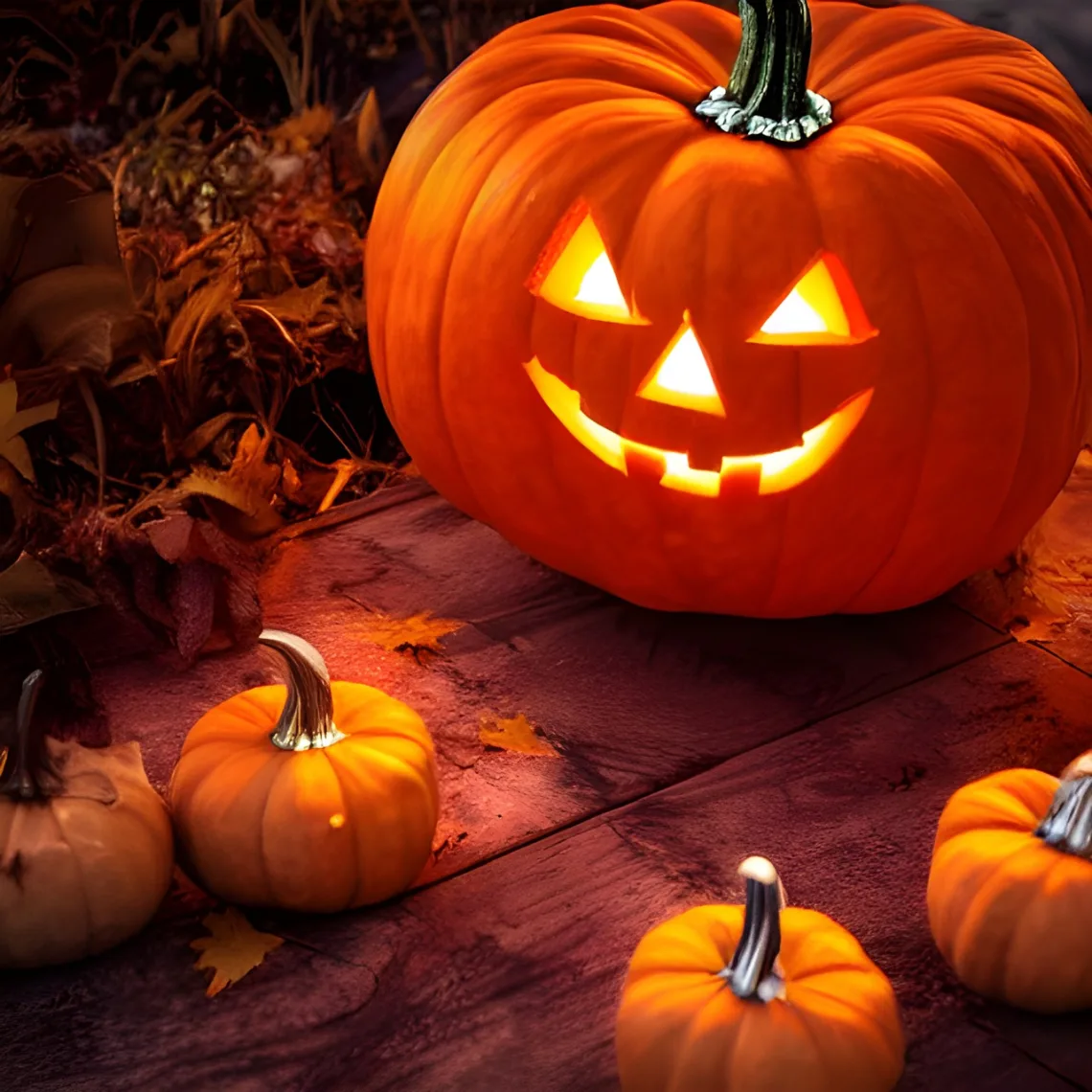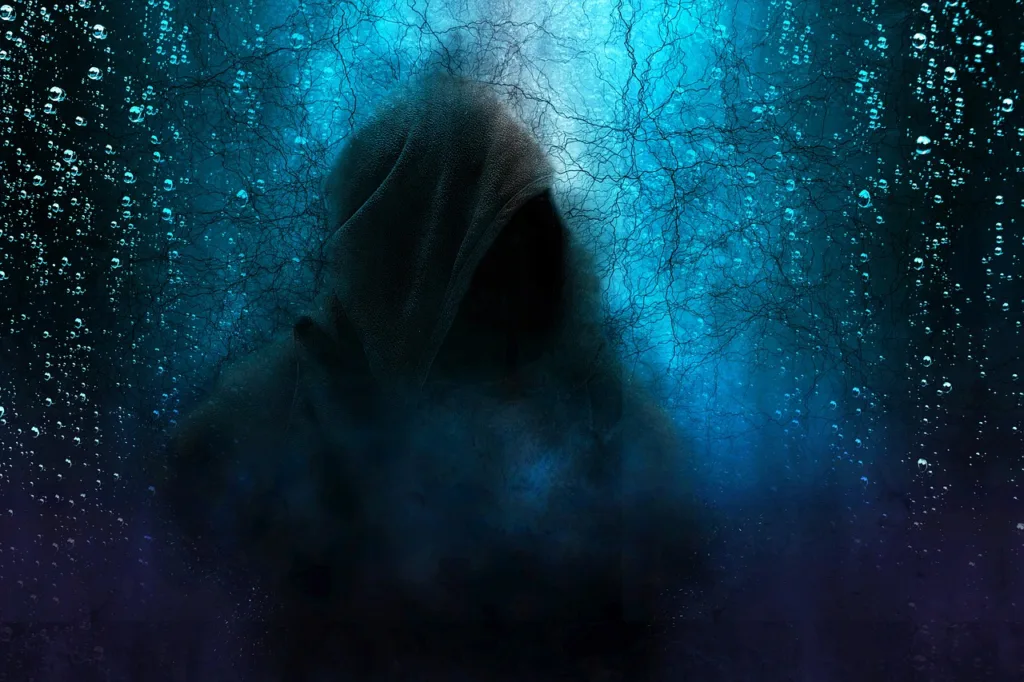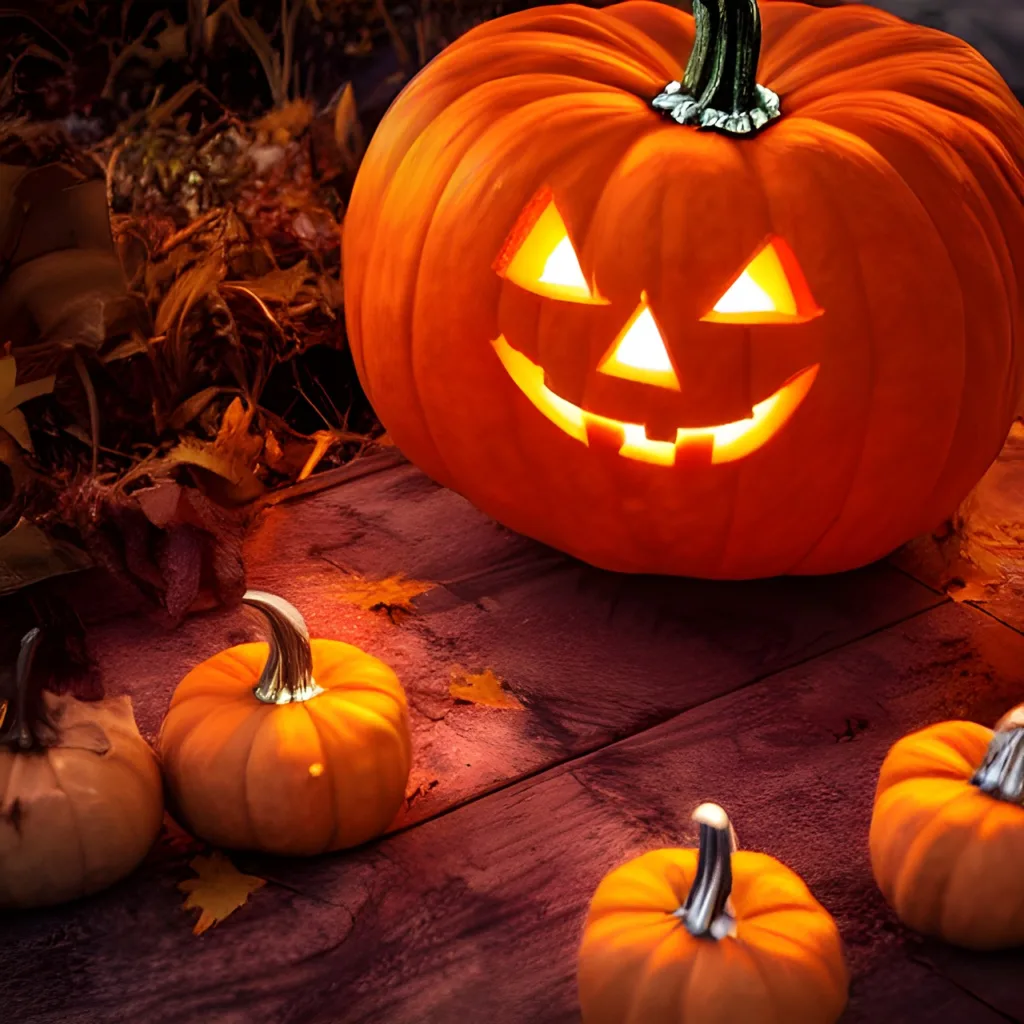
Is Halloween Satanic or Evil?
Exploring its Compatibility with Christian Celebrations
Halloween, a night filled with eerie costumes, carved pumpkins, and playful trick-or-treating, has often been regarded as a celebration associated with darkness and perceived as evil or sinister. It is a time of the year when excitement and curiosity fill the air, as people ponder over the origins of Halloween and its ties to the occult. Among Christian communities, there is an ongoing debate regarding whether Halloween is an evil festival and if Christians should participate in its celebrations.
Unveiling the Origins of Halloween
To truly understand the essence of Halloween, I recommend reading my previous blog post here where I delve into its historical origins.
Halloween: A Blend of Traditions
As Christianity spread, it often absorbed and integrated existing pagan customs into its practices. In the 8th century, Pope Gregory III designated November 1st as All Saints’ Day, a day to honor saints and martyrs. This celebration, known as All Hallows’ Day, was preceded by All Hallows’ Eve, which eventually evolved into Halloween. The Church aimed to Christianize the Samhain festival by aligning it with All Hallows’ Eve.
Perceptions of Evil
Associations with the Supernatural
During the Samhain festival, people believed in spirits and the afterlife, leading them to take precautions against malevolent entities. They dressed in costumes and lit bonfires to ward off these spirits.
Misinterpretations and Superstitions
Over time, Halloween became the subject of misunderstandings and superstitions, fueled by folklore, literature, and the portrayal of witches, ghosts, and monsters in Hollywood films. These elements, often associated with the supernatural, perpetuated the perception of Halloween as a dark or evil celebration.
Association with Satanism
While some individuals may link Halloween to Satanic rituals, there is no historical or empirical evidence supporting a direct connection between the celebration and Satanism. Such associations often stem from misconceptions or deliberate sensationalism.

Should Christians Celebrate Halloween?
The question of whether Christians should partake in Halloween festivities is subjective and often debated within religious circles. Some Christians view Halloween as an opportunity to engage with their communities in a positive manner. They see it as a chance to spread joy, connect with neighbors, and create meaningful interactions.
On the other hand, some Christians have reservations due to Halloween’s historical ties to pagan practices. They may prefer alternative events hosted by churches, such as “Harvest Festivals” or “Trunk-or-Treat” gatherings, which provide a safe space for children to enjoy the season without the perceived associations with the occult.
What does the Bible say?
In the Bible, there are verses that Christians may consider when contemplating whether to celebrate Halloween:
- 1 Thessalonians 5:22 advises believers to “abstain from every form of evil”.
- Ephesians 4:24 encourages believers to “put on your new nature, created to be like God—truly righteous and holy”.
- Ephesians 5:11 urges believers to “take no part in the worthless deeds of evil and darkness; instead, expose them”.
- 1 Corinthians 10:21 warns against participating in both the cup of the Lord and the cup of demons.
Evaluating Christian Perspectives
From a Christian perspective, the decision to partake in Halloween celebrations varies. Those who choose to participate often focus on the fun, creativity, and community bonding aspects, rather than endorsing any malevolent or sinister elements. They see it as an opportunity for fellowship and outreach.
Conversely, individuals and religious groups who abstain from Halloween festivities do so out of a desire to distance themselves from any potential association with pagan or occult practices. They prioritize a more conservative approach, seeking to honor their faith without engaging in what they perceive as conflicting rituals.
Balancing Faith and Culture
The stance on Halloween within Christianity exemplifies the broader challenge of balancing faith and cultural practices. Throughout history, Christianity has adapted various customs and traditions, incorporating or redefining them to align with its beliefs. This adaptability has allowed the faith to thrive in diverse societies while maintaining its core principles.
Exploring the Perspectives of Other Religions
Understanding the perspectives of other religions on Halloween provides a broader understanding of how different faiths perceive this festival.
Islam and Halloween
In Islam, Halloween is not a religious or cultural observance. Islamic teachings do not incorporate or endorse the celebration of Halloween. Instead, Islamic traditions have their own set of festivals and observances that align with the teachings of the Quran and the Hadith.
Islamic scholars generally discourage Muslims from participating in Halloween festivities due to its historical ties to pagan practices and its perceived associations with the supernatural or the occult. The focus within Islam remains on observing religious festivals like Eid al-Fitr and Eid al-Adha, which hold significant cultural and religious importance.
Hinduism and Halloween
Similarly, within Hinduism, there is no direct association with Halloween. Hindu traditions and festivals, deeply rooted in cultural and religious significance, do not align with the themes or practices of Halloween. Festivals like Diwali, Holi, and Navaratri are central to Hindu celebrations, emphasizing light, color, and spirituality, rather than the themes of Halloween.
Judaism and Halloween
In Judaism, the observance of Halloween is not a religious requirement or tradition. Jewish festivals and observances, such as Passover, Yom Kippur, and Hanukkah, hold paramount importance within the faith. While some Jewish individuals may participate in secular Halloween activities, the festival does not hold religious significance within Judaism.
Buddhism and Halloween
Buddhism, like other major religions, does not traditionally celebrate Halloween. It emphasizes practices that focus on mindfulness, meditation, and enlightenment. While some individuals who follow Buddhism might partake in Halloween events for cultural or social reasons, it is not a religious or spiritual observance within the faith.
Universal Themes and Cultural Adaptation
The approach to Halloween differs across various faiths. Many religious communities choose to maintain their traditional observances and festivals, prioritizing practices that align with their faith’s teachings and values. This often means abstaining from or adapting Halloween-related celebrations that conflict with their religious beliefs.
Embracing Diversity and Respect
Understanding and respecting diverse religious beliefs and practices is fundamental in today’s multicultural society. Different faiths have their own unique traditions and celebrations, each holding significance within their respective communities. This diversity encourages mutual respect and tolerance, fostering an environment where individuals can embrace their own cultural practices while appreciating those of others.
Reimagining Halloween: A Personal Journey
Ultimately, the decision to celebrate Halloween lies within an individual’s or a family’s discretion. Some may choose to reclaim the festival, infusing it with positive, family-oriented activities while steering clear of its alleged sinister connections. Others may opt for alternative celebrations that align more closely with their religious convictions.

Conclusion: Redefining Halloween’s Significance
As we’ve explored in this discussion, Halloween isn’t a universally recognized or celebrated festival among major religions. For Christians, the decision to partake in Halloween celebrations remains a matter of personal conviction. Whether it is considered evil or not is up to individual interpretation. It presents an opportunity to balance faith with cultural practices, allowing individuals to choose whether to engage or abstain based on their beliefs and interpretations.
Ultimately, Halloween can be redefined and celebrated in a manner that aligns with one’s values, emphasizing community, creativity, and positive engagement while respecting personal religious convictions. The essence of Halloween, much like its eerie atmosphere, remains open to interpretation and personal choice, enabling individuals to navigate its festivities in a way that resonates with their beliefs and values.





